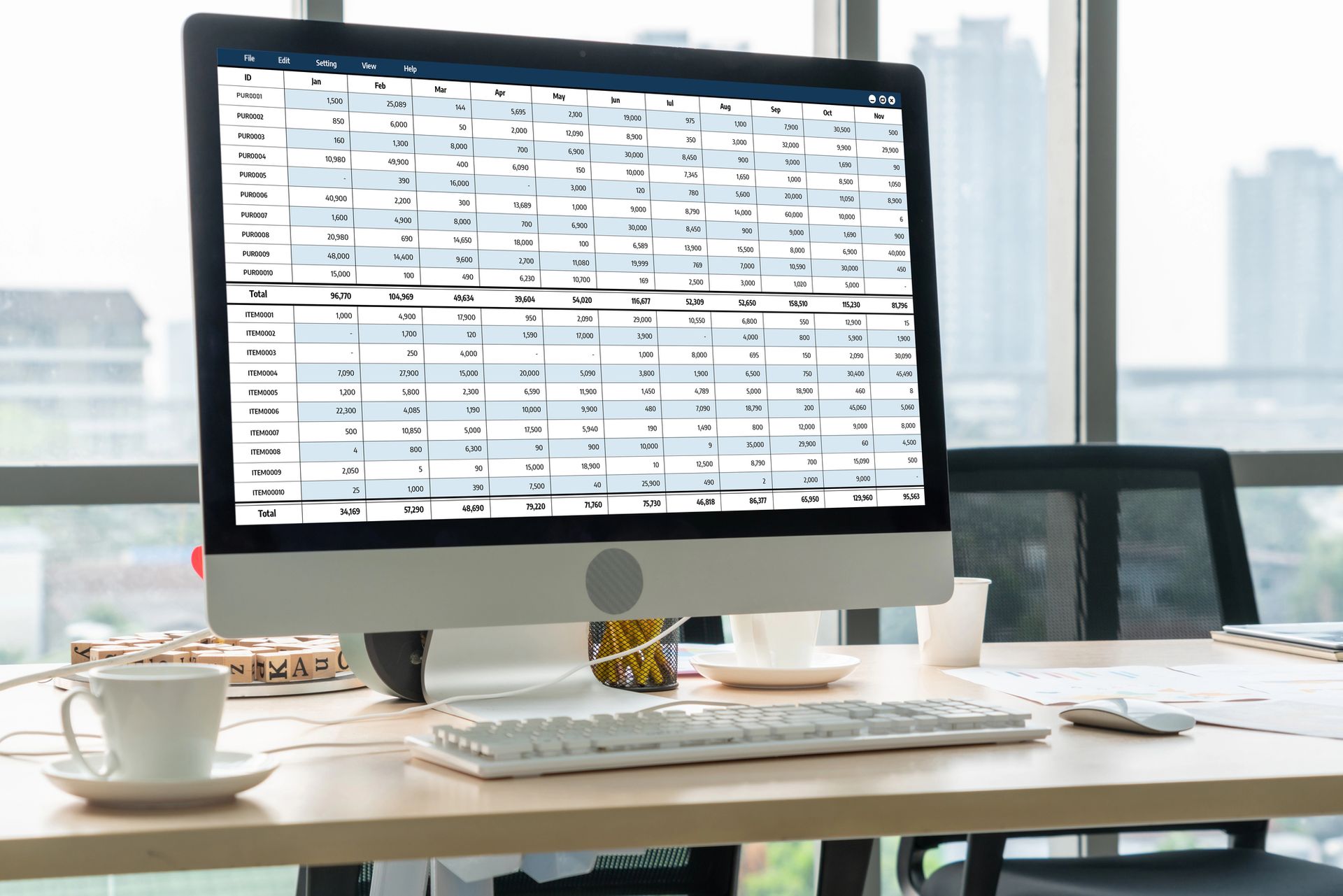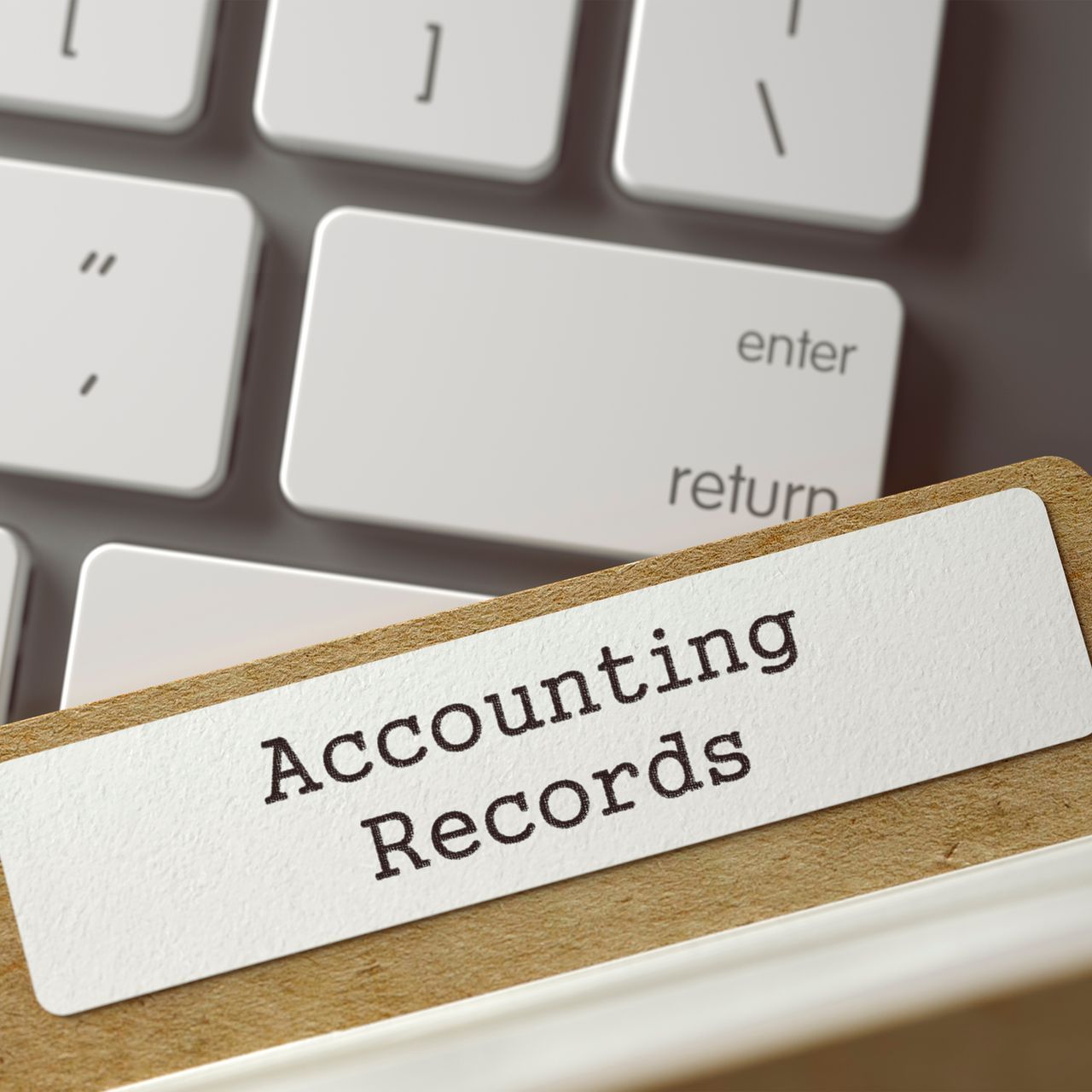Can I claim any tax relief for the extra expense of working from home?
Laura Arbuckle • May 22, 2020
For many people, the last 2 months have been spent working from home where they normally wouldn’t. I thought it would be useful to review the types of costs that you can claim when you are an employee working from home. As ever, the rules are different if you are self-employed so if you aren’t certain you should seek additional advice.
Usually an employee would not be entitled to claim for tax relief on working from home expenses if the employer provides a suitable place to work. However, in recent months, employers have been unable to provide such a workspace safely and it is likely that HMRC would permit claims for working from home as a result.
How do I claim expenses for working from home?
Usually, the first port of call for working from home expenses is your employer. The employer is permitted to reimburse the employee for some of their working from home expenses without it becoming taxable income or a benefit in kind.
If your employer doesn’t reimburse your expenses for working from home, then the process is slightly more complicated as you will need to demonstrate that your home is a workplace before you can make a claim. To do this you need to be able to demonstrate that
- You are performing substantive duties from home
- You don’t have access to appropriate facilities on the employer’s premises
- You have not just agreed with your employer to work from home or chosen to work from home voluntarily, rather that it is necessary for you to work from home
You can claim your tax relief by phone, post or there is an online link here. Alternatively, you can use your self-assessment return to claim your expenses if you submit one.
What expenses can I claim when I work from home?
The general principal is that you can claim for expenses that you have incurred over and above your normal living expenses.
In order to quantify the maximum expenses your employer can reimburse, you can either use the simplified expenses set down by HMRC or you can calculate it by taking the proportion of your actual expenses that you have incurred through work. This depends on how much of your home you are using to do you work and for how long. Your employer will tell you which method to use.
The simplified expenses are paid at a flat rate of up to £6 per week (£4 per week prior to 5 April 2020) or £26 per month (£18 per month prior to 5 April 2020). There is no need for you to provide receipts to justify the payment if your employer uses the simplified expense rate.
It may be possible for you to claim a higher amount by using the actual additional costs of working from home. The additional cost of expenses such as the cost of heating and lighting the home, additional insurance and phone charges can be claimed.
Unlike self-employed individuals working from home, employees are not usually able to reclaim rent, mortgage interest or council tax as there is no additional
expense incurred as a result of working from home.
Similarly, if the employee already has broadband provision in place, this cannot be claimed unless there has been an uplift in the cost of the service as a direct result of working from home.
What about equipment I have bought because I work from home?
As long as there isn’t a significant proportion of private use of equipment, the employer can provide the employee with equipment such as office furniture and computer equipment without giving rise to a taxable benefit in kind.
Usually the reimbursement of employees for the purchase of such equipment would be a taxable benefit in kind for the employee. However, in the light of the increase in homeworking as imposed by the government in the coronavirus pandemic this rule has been relaxed temporarily. At the time of writing, it is therefore currently allowable for employees to be reimbursed for such purchases. It would be sensible to discuss such purchases with your employer before making them to ensure they are happy to reimburse you!
If the cost of equipment hasn’t been reimbursed by your employer, you will need to see if your equipment can qualify for capital allowances. However, unless you actually use these items in the performance of your duties (eg computer) rather than to improve your comfort whilst performing your duties (eg a new chair) then you may not be able to claim relief.
It seems that many of us will continue to work from home for the foreseeable future and may suffer an increase in the cost of running our homes as a result. As long as employer premises remain unavailable for employees to use there may be some tax relief available for home workers.
Photo from the Pixistock
Blue Chic Collection

If your company provides you with a traditionally fuelled car for personal use, it can be a very expensive way to fund your vehicle. However, if your company provides you with an electric car that you can use personally instead, the tax tends to be substantially lower than for traditional vehicles and there are incentives for the company as well.

My residential landlord clients would probably tell you that they are fed up of hearing about HMRC’s latest requirements for reporting Capital Gains Tax. At every accounts review meeting I make sure they are fully aware that in the event they sell their residential rental property, they must complete a return and pay any tax that is likely to be due within 60 days of the sale being agreed.

If you are juggling your work-life balance, we can help you to find more time for yourself by helping you with your self-assessment return. You may be wondering how that might work in practice. I can’t speak for every accountant or payroll operator but in this blog post I describe how the process works at Armet Accounting.








